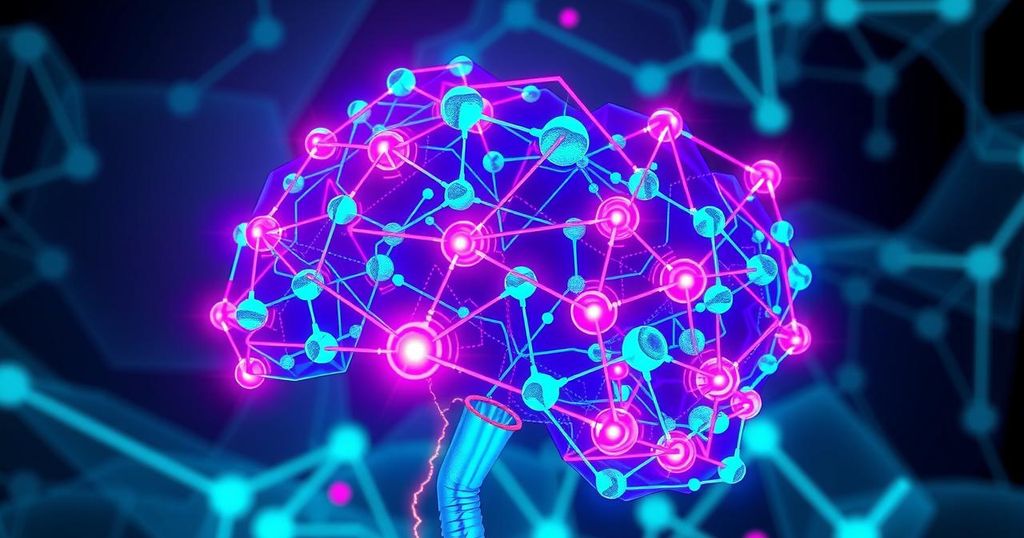Exploring Stembryos and the Virome: Innovations in Human Development and Health
Scientists are exploring new dimensions of human development through the creation of stembryos, which promise insights into infertility and developmental issues while raising ethical questions. Additionally, the virome—a vast population of viruses residing in our bodies—offers a deeper understanding of human health, suggesting viruses have a much broader impact on our well-being than previously recognized.
In recent years, the quest to understand human development has taken a remarkable turn with the creation of ‘stembryos,’ a novel approach born from stem cell research at the University of Cambridge. Unlike traditional embryos derived from IVF that must be discarded after 14 days, these stembryos can be studied indefinitely. This revolutionary advancement is anticipated to shed light on developmental disorders and enhance IVF success rates. However, the rapid progress has sparked ethical debates, leading the UK to introduce guidelines to navigate the complexities of stembryo research, including a proposed oversight committee.
On another frontier, our bodies play host to a staggering number of viruses—up to 380 trillion—known collectively as the virome. While some viruses are infamous for causing illness, emerging research suggests that this viral population plays a significant role in our overall health, integrating seamlessly with the microbiome. The virome is believed to regulate various bodily functions, suggesting that these tiny entities are more than mere pathogens; they could be essential players in the grand narrative of human biology and wellness. Our understanding of these microbial and viral inhabitants is undergoing a transformation, revealing a complex web of interactions that challenge traditional views on disease and health.
The investigation of human embryonic development has historically depended on embryos from in vitro fertilization, which pose ethical dilemmas due to their destruction post-14 days. Scientists are moving towards alternative models, like stembryos, which promise to advance research without the ethical complexities associated with conventional embryos. Simultaneously, the concept of the virome is gaining traction as scientists uncover the vast roles viruses play within our bodies, influencing everything from our immune responses to our overall health, challenging preconceived notions about these often-maligned entities.
The advent of stembryos marks a pivotal shift in embryological research, offering unprecedented opportunities for scientific advancements while raising crucial ethical questions. Coupled with a deeper understanding of the virome, these developments in science reveal that our relationship with the often-invisible microbes governing our health is more profound than once believed. As we tread through these new scientific landscapes, the need for ethical frameworks and broader comprehension of our body’s inhabitants becomes increasingly vital.
Original Source: www.newscientist.com




Post Comment